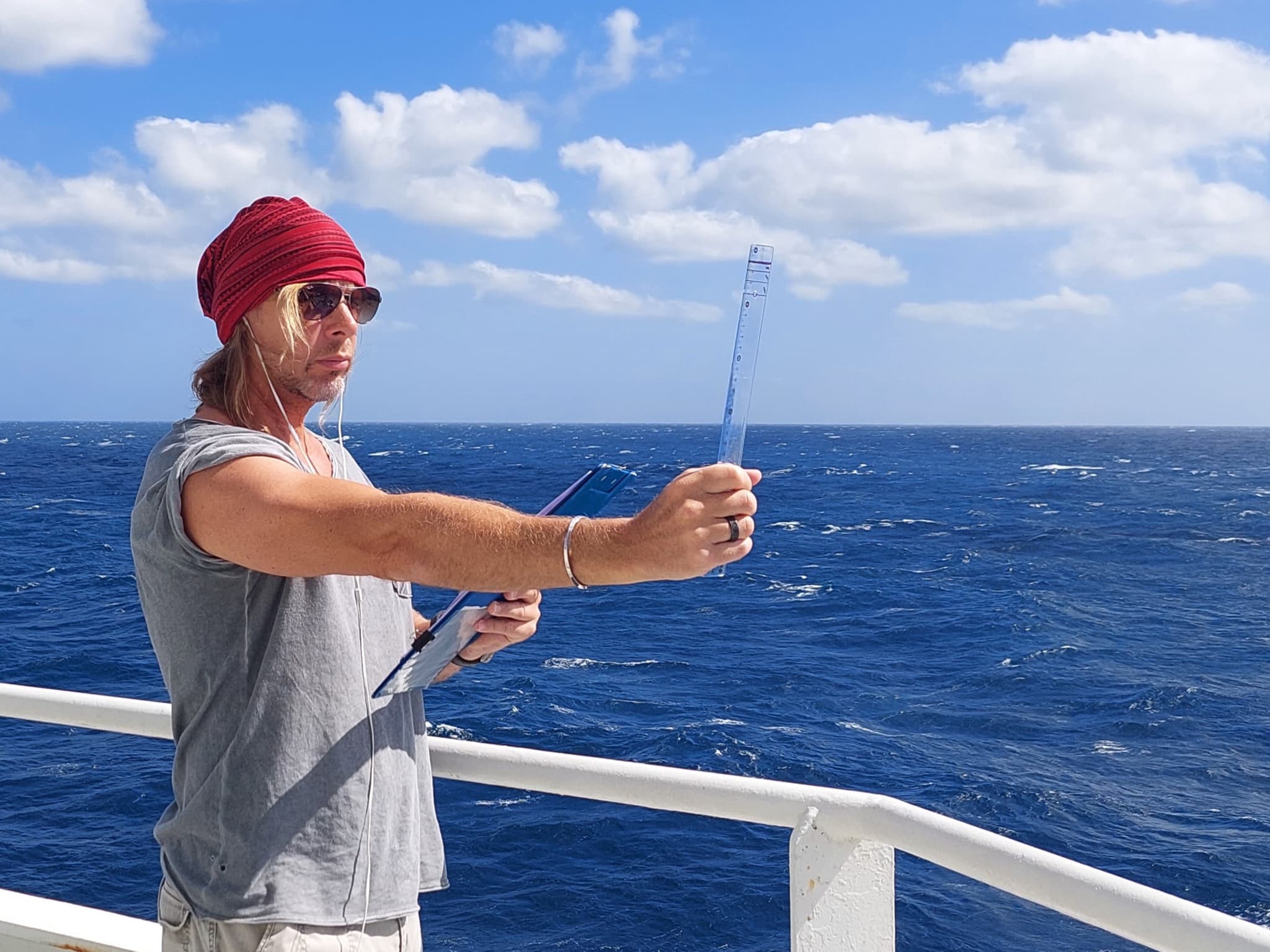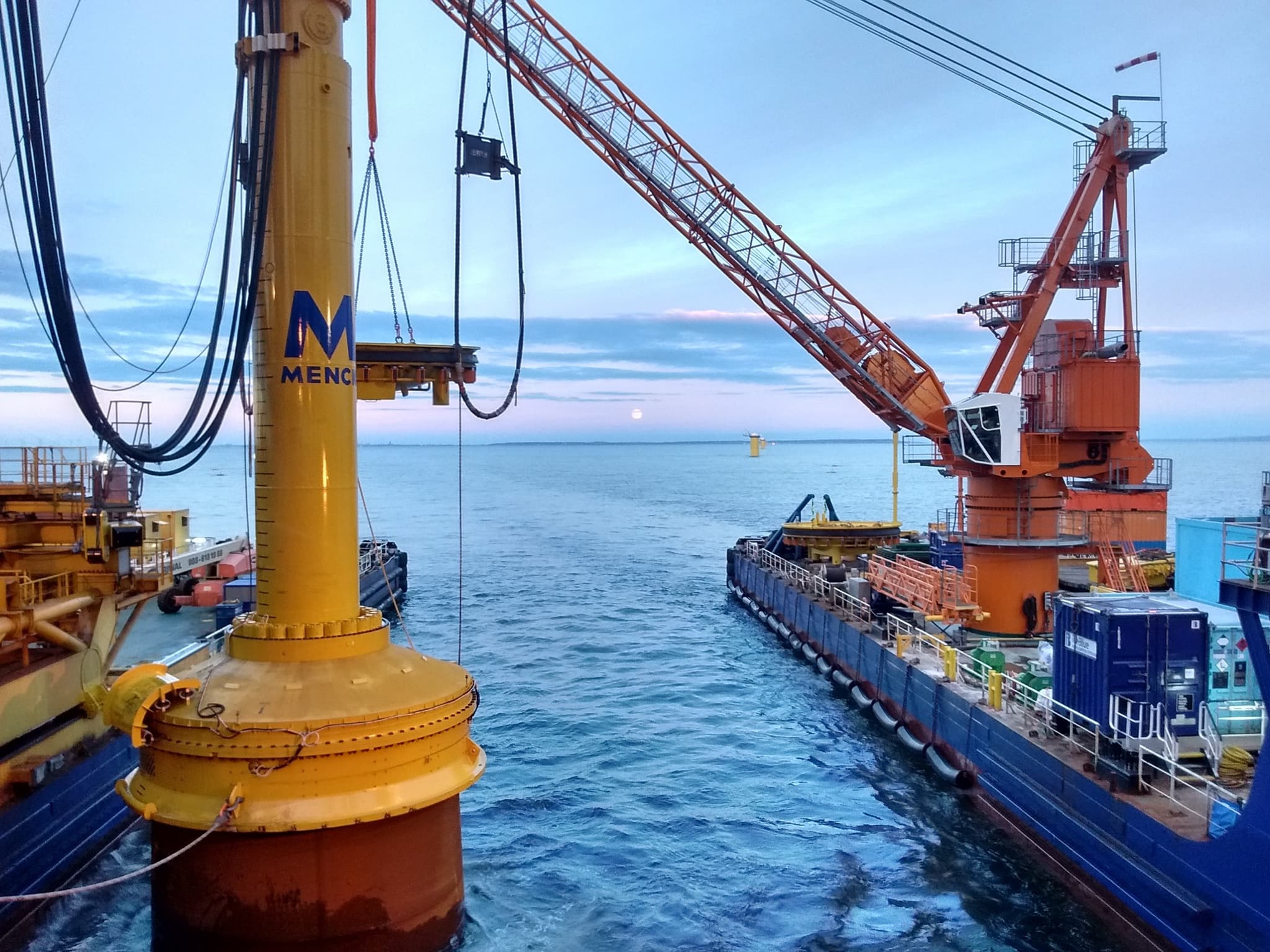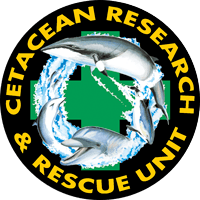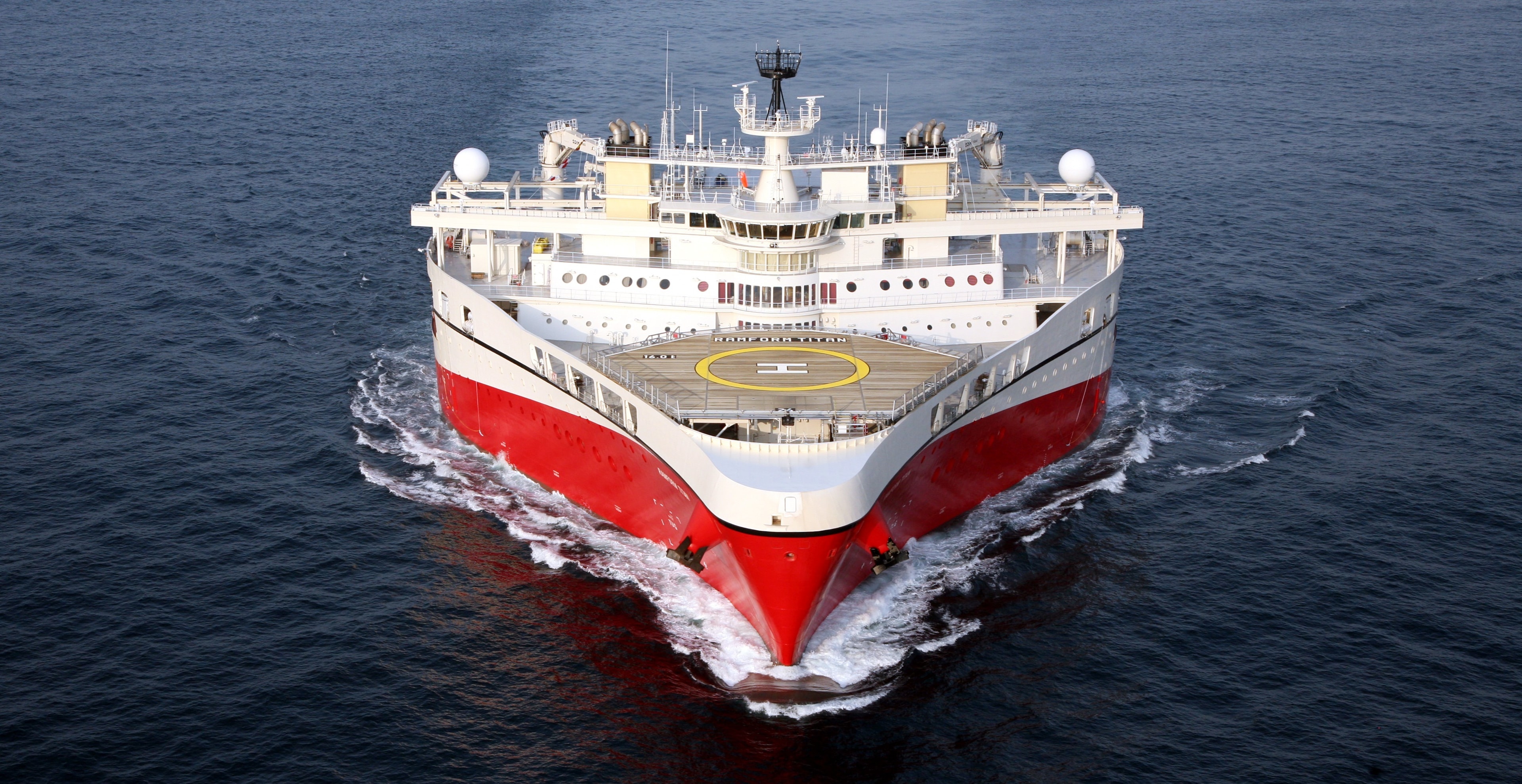Section 9 of the Wildlife & Countryside Act (1981) prohibits the deliberate killing, injuring or disturbance of cetacean species in British waters, and the UK is a signatory to the Agreement on the Conservation of Small Cetaceans of the Baltic and North Seas (ASCOBANS) which requires that range states work towards the prevention of disturbance to these sea mammals, "especially of an acoustic nature".
CRRU currently supplies mitigation services to the exploration and renewable companies undertaking offshore work. These companies are required under licence to adhere to specific guidelines for the minimisation of acoustic disturbance to marine mammals during their operations. As part of this requirement, experienced Marine Mammal Observers (MMOs) and Passive Acoustic Monitors (PAMOs) from the CRRU team are placed on survey vessels to ensure adherence to these guidelines during operations.
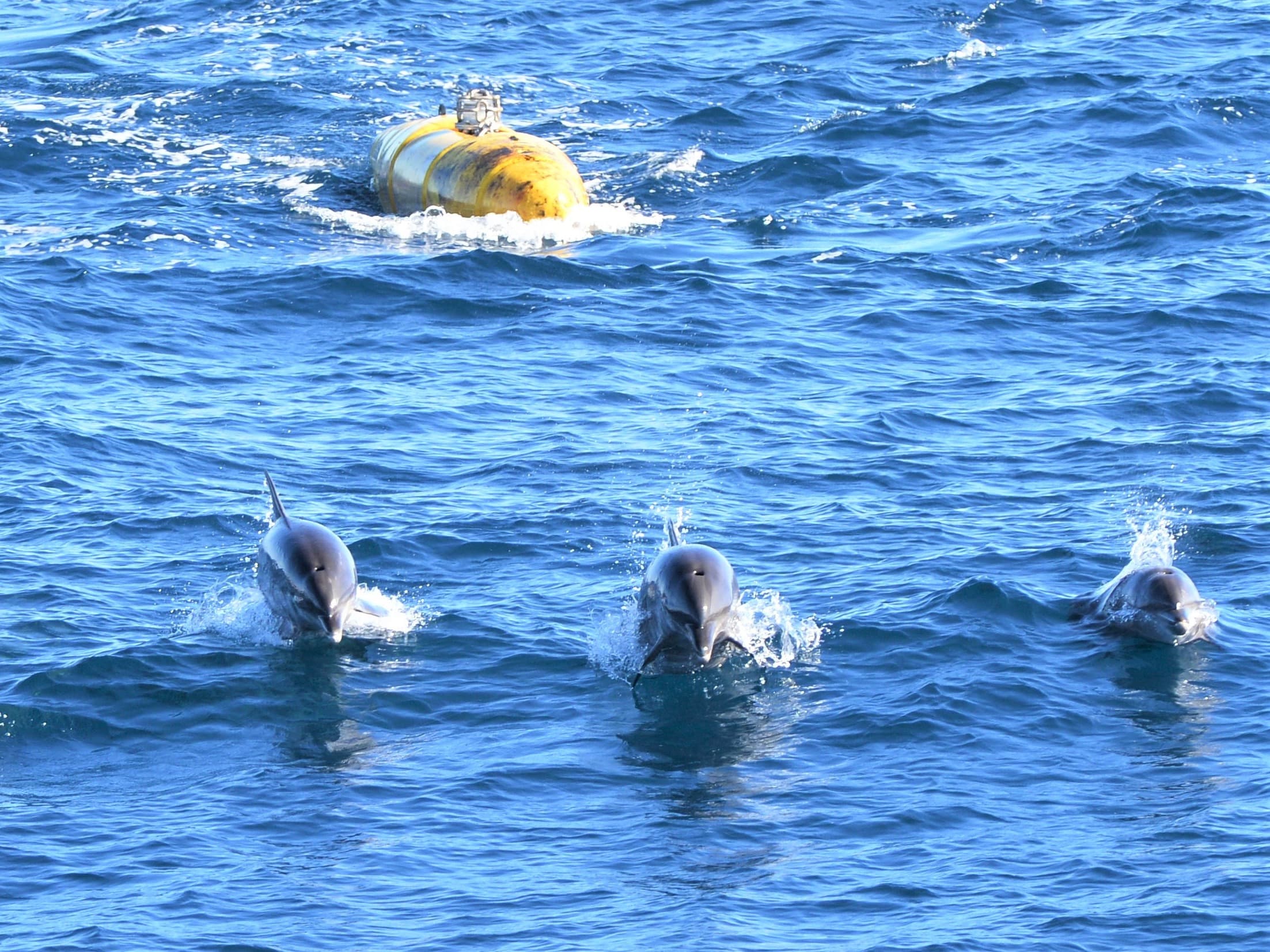
CRRU further provides JNCC-accredited MMO training and CPD PAM training courses for university graduates wishing to work in the offshore petrochemical and renewables industries.
